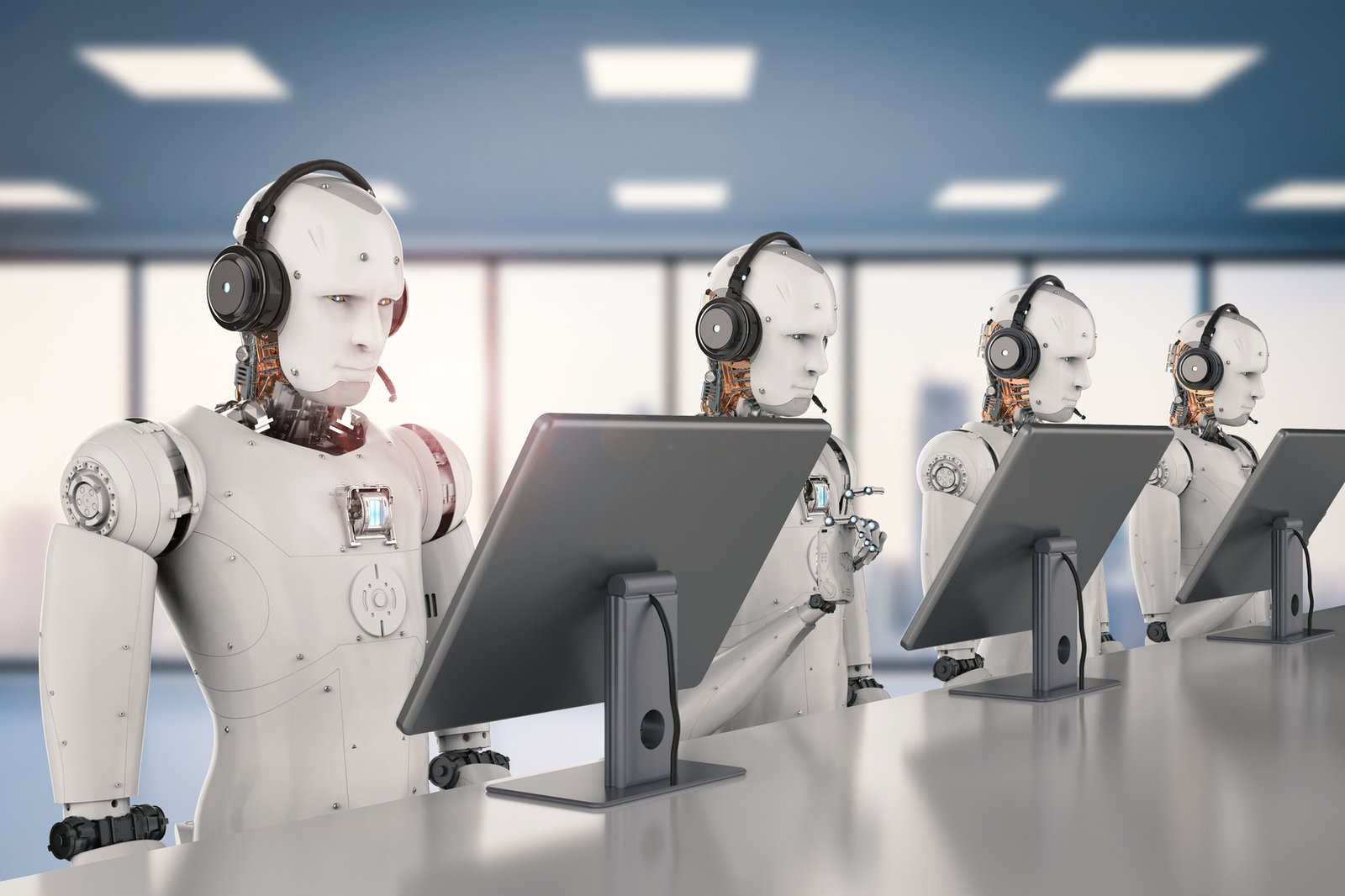Introduction
At its heart, work is all about fulfilling human needs. Whether it’s providing food, shelter, or companionship, humans need to be able to find ways to meet these needs in order to survive. But what happens when machines start to take over many of these tasks? What if we no longer need to work long hours in unsafe conditions? In this blog post, we will explore how robots could change the way we work for the better. We will look at the reasons why they are needed and the potential benefits they could bring. We will also discuss some of the challenges that need to be overcome before this happens.
The Benefits of Robots in the Workplace
Looking to improve the efficiency of your workplace? Introducing robots- these machines can do the heavy lifting for you, freeing up your employees to do more important tasks. Here are some of the benefits of having robots in your office:
1. Increased Productivity: Studies have shown that when machines are used in place of human workers, productivity increases by as much as 20%. This is because robots don’t get tired or distracted and they work steadily without errors or delays.
2. Reduced Costs: A study by Oxford Economics found that replacing a worker with a robot results in a 74% reduction in costs. Not only does this save money on wages and benefits, but it also eliminates the need for overtime, sick days, and other forms of compensation.
3. Better Quality Product: Because robots are precise and efficient, they’re great at producing high-quality products without causing anyerrors or delays. In fact, according to one study, robotic manufacturing can produce items with defects rates that are half those of traditional manufacturing methods.
4. Increased Safety Standards: Robots aren’t just good at producing quality products; they’re also incredibly safe. Because they operate without error or delay, robots can keep workplaces free from accidents and injuries- which is especially beneficial for businesses with hazardous environments.
The Advantages of Robotics for the Economy
Robots have been used in factories for many years now, but have recently become more widespread in the economy. They offer a number of advantages for businesses and economies. First, they are able to do tasks that would traditionally be done by humans more efficiently and with less hassle. Second, they are often cheaper to operate than human workers, meaning businesses can save money on their payroll costs. Finally, they can be programmed to perform specific tasks more reliably than humans, which can lead to increased efficiency and productivity in businesses. All of these factors make robots an attractive option for employers and economies alike.
How Robots Will Impact Jobs in the Future
In the future, robots will likely impact a variety of jobs. Some traditional occupations that are currently dominated by human workers might be replaced by machines in the coming years. For example, speaking with a human customer service representative may soon become a thing of the past as robots can handle this task much more efficiently than people.
Other routine tasks that are currently done by humans might also be performed by machines in the near future. This includes things like loading and unloading trucks, sorting materials, and even performing simple mathematical calculations. In fact, some experts believe that many jobs will eventually be replaced by robots altogether.
However, not everyone is convinced that this is going to happen anytime soon. There are still a lot of things that robots cannot do well yet, such as carrying heavy objects or working in extreme weather conditions. Plus, there are certain jobs that couldn’t exist without human intervention (like driving cars). So while robotization may eventually lead to widespread unemployment, it won’t happen overnight.
Conclusion
The future of work looks very different than it did just a few years ago, and that’s thanks to the rise of robots. In fact, according to a study by PwC, 47% of jobs in 2020 will be done by machines rather than humans. This shift could have some big benefits for workers, including increased wages and reduced working hours. However, there are also some challenges ahead, such as how to make sure that robots don’t displace human workers completely and create social unrest. So while the future looks rosy for robot workers, we mustn’t forget about the people who will be impacted most dramatically by their arrival on the scene.
